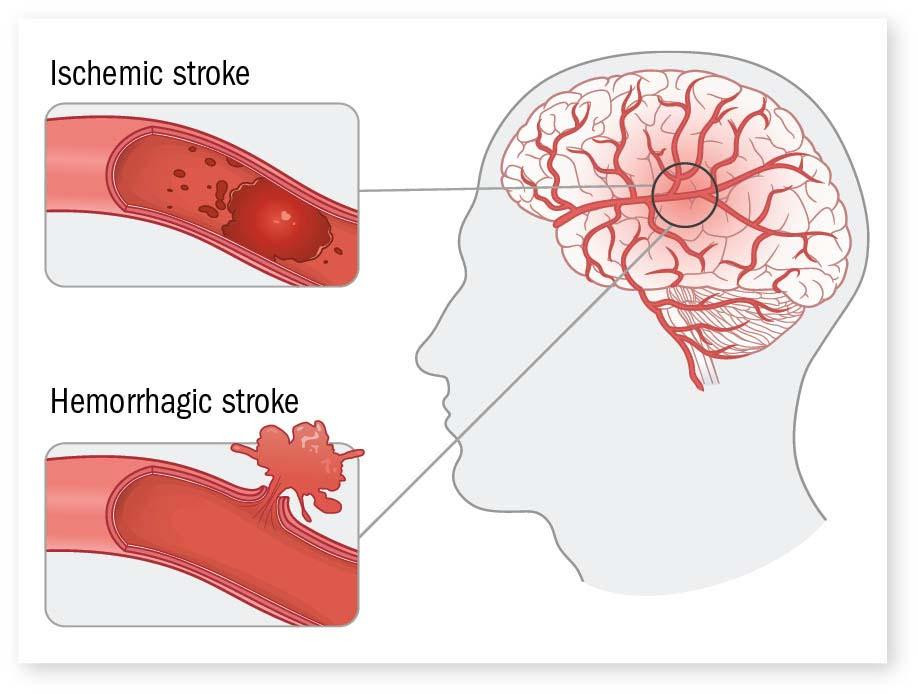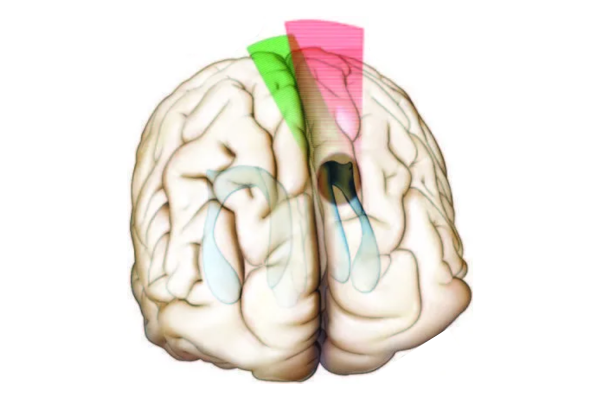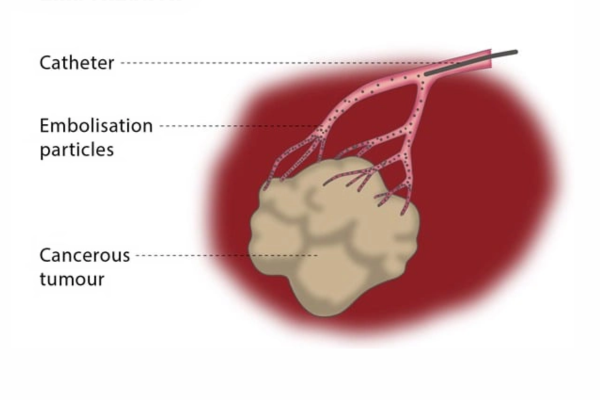

When blood vessel disorders of the brain require surgery, experience and expertise matter. Consult Dr Chinmay Phadtare for cerebrovascular surgery in Satara, Maharashtra.

Cerebrovascular refers to the blood vessels of the brain and blood flow within them. As the name suggests, ‘cerebro’ means brain, and ‘vascular’ means blood vessels. Cerebrovascular surgery is done to treat the abnormalities of the blood vessels of the brain and the spinal cord. Dr. Chinmay Phadtare, a renowned neurosurgeon, provides personalised and expert care in the diagnosis and treatment of cerebrovascular conditions through advanced surgical techniques. If you are seeking cerebrovascular surgery in Satara, Maharashtra, you can trust Dr. Phadtare for improved outcomes and a safer recovery.
Cerebrovascular surgery is also known as neurovascular and cerebrovascular neurosurgery, which involves the surgical repair of the blood vessels that provide oxygen to the brain. This surgery is performed by neurosurgeons and is recommended for the treatment of various neurovascular conditions where parts of the brain are affected due to reduced blood flow or bleeding. This surgery can be performed on both adults and paediatric patients.
People who are dealing with symptoms such as severe headaches, weakness or numbness, difficulty speaking, and unexplained seizures should undergo cerebrovascular surgery for proper relief from the condition. This surgery treats various conditions such as aneurysms, strokes, and ischaemic diseases.

Cerebrovascular surgery can treat a range of conditions that affect blood vessels in the brain and the spinal cord. Here are some of the main conditions which include:
A brain aneurysm refers to a bulge or ballooning of a blood vessel in the brain, which seems like a berry hanging on a stem and can rupture if it develops, causing bleeding. This condition needs immediate medical attention, and procedures such as surgical clipping and endovascular coiling are recommended for the removal.
This is an open surgical procedure that includes a tiny metal clip at the base of the aneurysm to block the blood flow into it and prevent the aneurysm from rupturing or bleeding.
It is a minimally invasive technique in which soft platinum coils are inserted inside the aneurysm, which fills the space. By filling the aneurysm, it prevents the normal blood flow from entering the bulge, thereby reducing the risk of rupture. In some cases, flow diversion is also used, which includes a special stent-like device placed inside the artery, covering the aneurysm neck.
Arteriovenous malformations, or AVMs, are an abnormal tangle of blood vessels connecting arteries and veins that disrupts the normal flow of blood and oxygen in the brain. This condition can be treated with

It is a surgical procedure in which an AVM is carefully removed through open surgery.

It is a minimally invasive surgery in which a catheter is used to inject the substance into the AVM to block the blood flow and also reduce its size.

It is a non-invasive surgery in which radiation beams are used to shrink and close off the AVM over time.
Cavernomas, also known as cavernous malformations or cavernous haemangiomas, are abnormal tangles of tightly packed capillaries that can occur in the brain, brainstem, and spinal cord.
The treatment option for cavernomas, especially when they occur in the brain, is microsurgical resection, in which neurosurgeons carefully remove the cavernoma using high-precision techniques.
A stroke in the brain occurs when the blood supply to the brain is disrupted, either by blockage or bleeding. Treatment options for stroke include:
It is a minimally invasive procedure in which a catheter is inserted through an artery to remove the blood clot caused by an ischaemic stroke.
This procedure is performed after a large stroke in which a part of the skull is temporarily removed to relieve pressure caused by the severe brain swelling.
It is a rare condition in which the brain's blood vessels become narrow, thereby reducing the blood flow and increasing the risk of stroke.
Bypass surgery for moyamoya disease is a surgical procedure in which a healthy artery from outside the skull is connected to a brain artery, which allows more blood to reach the brain.
Are you looking for cerebrovascular surgery in Satara, Maharashtra? Consult Dr Chinmay Phadtare for expert neurovascular care.
Have questions, need guidance or simply want to talk things through, we're here for you. Just a message away.
423/a/1, Near New DCC Bank, Kalyani Nagar, Sadar Bazar, Satara, Maharashtra 415001, India
+91-78219 92081,
+91-77096 92081
jeevandharahositalsatara@gmail.com

With a patient-first philosophy and experience across high-volume tertiary care centers, he combines medical excellence with the latest technology to ensure the best outcomes for every individual.


423/a/1, Near New DCC Bank, Kalyani Nagar, Sadar Bazar, Satara, Maharashtra 415001, India
No WhatsApp Number Found!
WhatsApp us